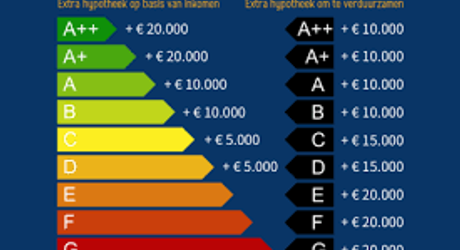When considering home insurance, one common question that arises is: "Can you be over-insured?" While we often think about being under-insured and the risks associated with inadequate coverage, being over-insured can also have financial drawbacks. Over-insurance occurs when the policyholder has more coverage than they need, leading to unnecessarily high premiums without providing additional benefits.
What Does Over-Insurance Look Like?
When discussing home insurance, being over-insured might mean paying for more coverage than your home and belongings are worth. For instance, if you insure your home for more than its replacement value, you're essentially wasting money. Insurance is meant to compensate you for the cost of repairs or rebuilding, not exceed those costs. The same logic applies to contents insurance if you overestimate the value of your belongings, you're paying extra for coverage that won’t result in higher payouts.
How Over-Insurance Happens
Many people fall into the trap of over-insurance when they assume that more coverage equals better protection. In reality, policies are carefully structured to pay out up to the limit of actual loss, not the amount of coverage. For example, if your home is worth €300,000 but you’ve insured it for €400,000, you’re still only going to receive €300,000 in the event of a total loss.
Over-insurance can also occur when people buy multiple policies for the same risk. For example, if you have separate policies that cover the same household items, such as electronics or furniture, you may be overpaying without the ability to claim multiple times for the same loss.
Financial Impact
The biggest downside to over-insurance is the unnecessary financial burden. Higher premiums for coverage you don’t need mean less money in your pocket, which could be used elsewhere. It’s important to remember that insurance should be balanced: you want enough coverage to protect your assets, but anything beyond that is simply throwing money away.
How to Avoid Over-Insurance
To avoid over-insuring your home, make sure to assess the actual value of your property and belongings. Work with your insurance provider to accurately estimate your home’s replacement cost, not just its market value, and consider regular reviews of your coverage to adjust for depreciation or changes in your home’s condition.
In conclusion, while having sufficient home insurance is crucial, having too much can be just as problematic as being under-insured. Regularly reviewing and adjusting your policy ensures you’re neither under- nor over-insured, offering you peace of mind and financial savings.






